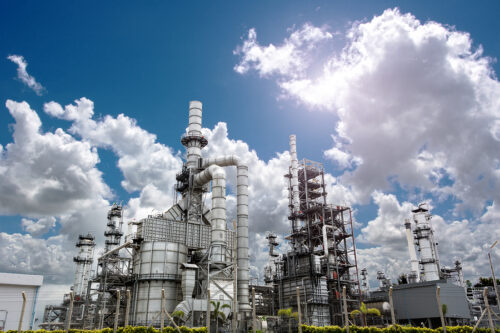ENVIRONMENTAL REGULATIONS AND COMPLIANCE FOR INDUSTRIAL PLANT AND MACHINERY
Introduction:
In recent years, the importance of environmental regulations and compliance has grown significantly. Governments and international organizations have recognized the need to protect the environment and mitigate the impact of industrial activities on ecosystems. As a result, industrial plant and machinery operators are now subject to a range of environmental regulations to ensure sustainable practices and minimize pollution. This article will explore the key environmental regulations and compliance measures that industrial plant and machinery operators need to adhere to in order to operate responsibly and protect the environment.
- Environmental Impact Assessment (EIA):
Before establishing or expanding industrial plants, operators are often required to conduct an Environmental Impact Assessment (EIA). The purpose of an EIA is to evaluate the potential environmental effects of a project, including the impact on air, water, soil, and biodiversity. The assessment helps identify potential risks and guides the development of appropriate mitigation measures to minimize adverse effects.
- Air Quality Management:
Industrial plant and machinery can significantly contribute to air pollution through emissions of pollutants such as particulate matter, nitrogen oxides, sulfur oxides, and volatile organic compounds. To regulate and control air emissions, operators must comply with air quality standards and obtain permits for emissions from relevant regulatory authorities. Compliance measures may include implementing pollution control technologies, monitoring emissions regularly, and reporting to regulatory agencies.
- Water Resource Management:
Industrial activities often require significant water usage and can generate wastewater containing various pollutants. Compliance with water resource management regulations involves obtaining permits for water abstraction, implementing water conservation measures, and treating wastewater before discharge. Industrial operators may need to invest in water treatment technologies, implement recycling systems, and monitor water quality to meet regulatory standards.
- Hazardous Waste Management:
Industrial plant and machinery operations often produce hazardous waste, including chemicals, solvents, oils, and heavy metals. Proper hazardous waste management is crucial to prevent environmental contamination and safeguard human health. Compliance measures include obtaining permits for hazardous waste generation and disposal, implementing safe storage and handling practices, and ensuring proper disposal through authorized waste management facilities.
- Noise and Vibrations Control:
Industrial machinery and operations can generate excessive noise and vibrations, which can disturb nearby communities and harm wildlife. Compliance with noise and vibrations regulations may involve conducting noise impact assessments, implementing noise reduction measures, and establishing buffer zones between industrial sites and residential areas. Regular monitoring and reporting of noise levels may also be required.
- Energy Efficiency and Conservation:
Governments and regulatory bodies encourage industrial operators to improve energy efficiency and reduce carbon emissions. Compliance measures often include conducting energy audits, implementing energy-saving technologies, and setting energy reduction targets. Operators may also be eligible for incentives or grants for adopting renewable energy sources or implementing energy management systems.
Conclusion:
As environmental concerns continue to escalate, industrial plant and machinery operators must prioritize compliance with environmental regulations. By adhering to these regulations, they can minimize their impact on the environment, protect natural resources, and ensure sustainable operations. The implementation of environmental impact assessments, air quality management systems, water resource management strategies, hazardous waste management protocols, noise and vibrations control measures, and energy efficiency initiatives will not only help industrial operators meet compliance requirements but also contribute to a cleaner and healthier environment for present and future generations.



